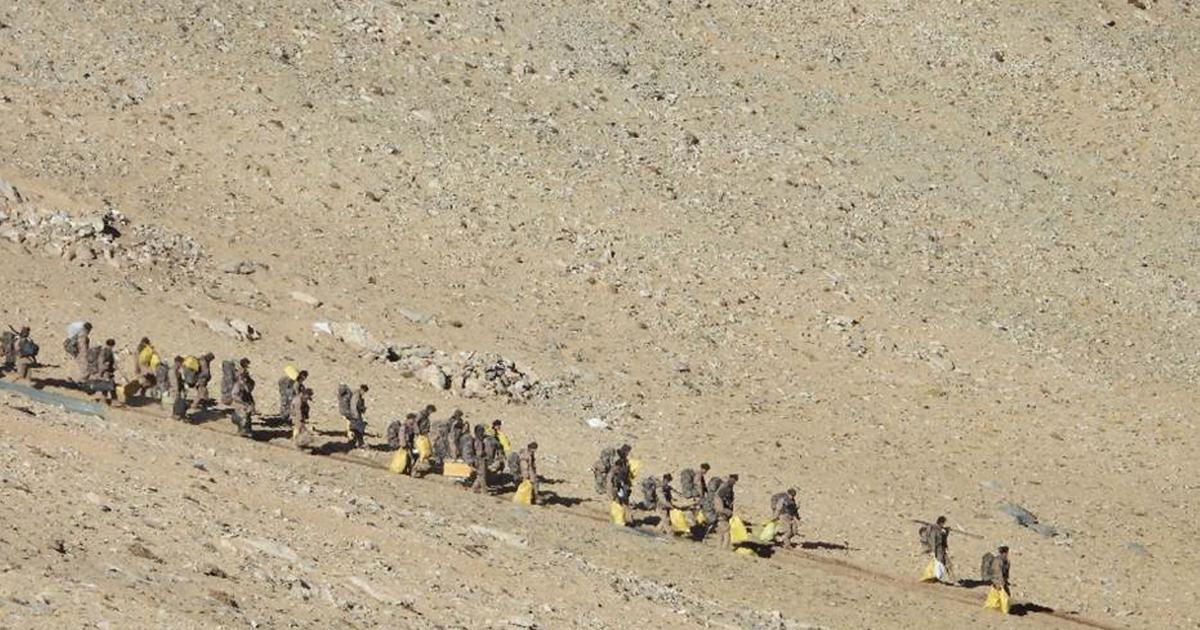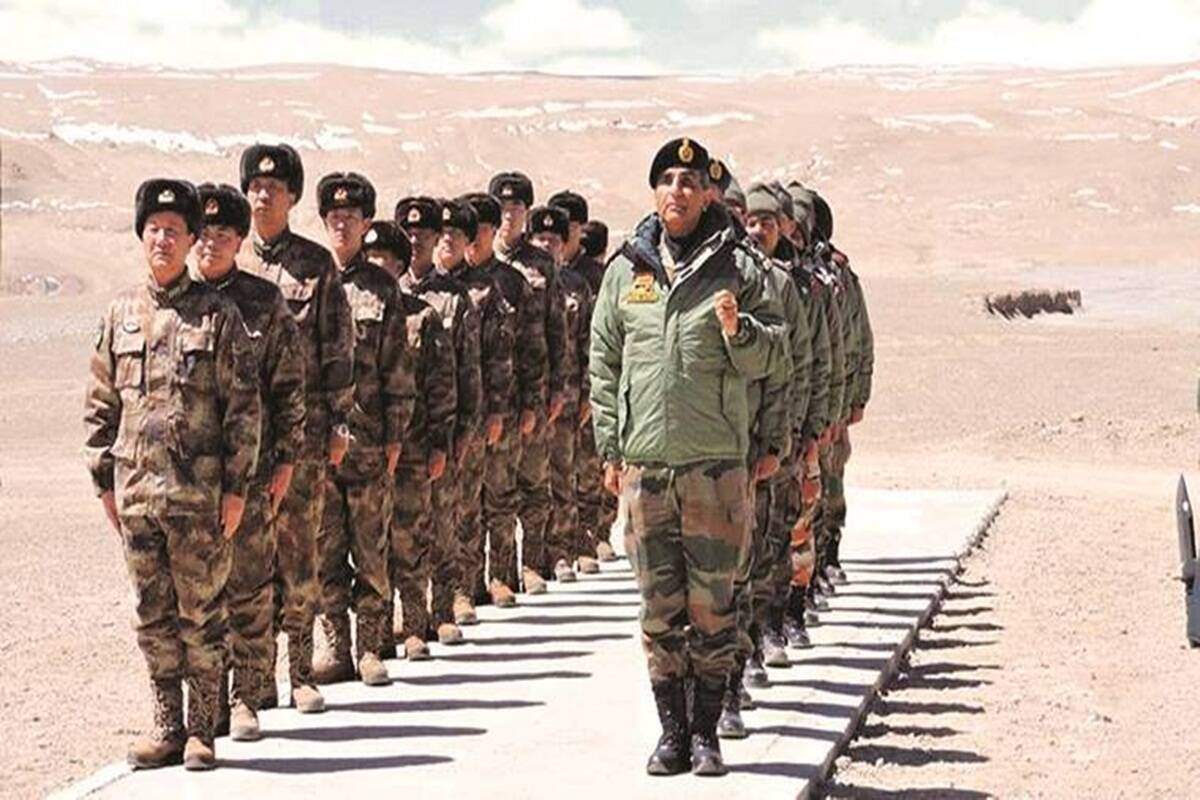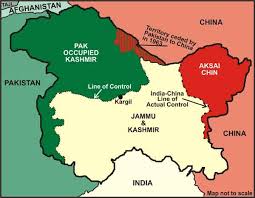- India’s security concerns & Challenges
- Hits: 157
What does the Backside of Retreating Chinese SOLDIERS Indicate?



The Subramanian committee that was set up to review the matters that led to Kargil war in its detailed report brought out not only the grave deficiencies in India's security management system but it also emphasized that the SECURITY needs have to be consistently analysed as per the changing times. It said ;
“The framework Lord Ismay formulated and Lord Mountbatten recommended was accepted by a national leadership unfamiliar with the intricacies of national security management. There has been very- little change over the past 52 years despite the 1962 debacle, the 1965 stalemate and the 1971 victory, the growing nuclear threat, end of the cold war, continuance of proxy war in Kashmir for over a decade and the revolution in military affairs. The political, bureaucratic, military and intelligence establishments appear to have developed a vested interest in the status quo. National security management recedes into the background in time of peace and is considered too delicate to be tampered with in time of war and proxy war. The Committee strongly feels that the Kargil experience, the continuing proxy war and the prevailing nuclearised security environment justify a thorough review of the national security system in its entirety.
